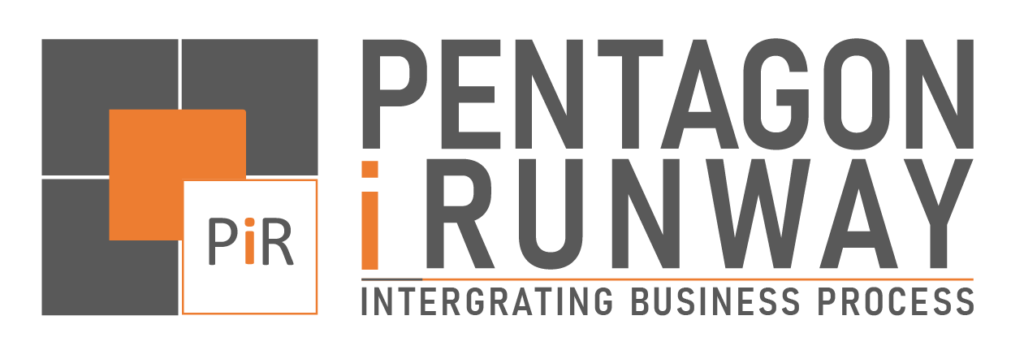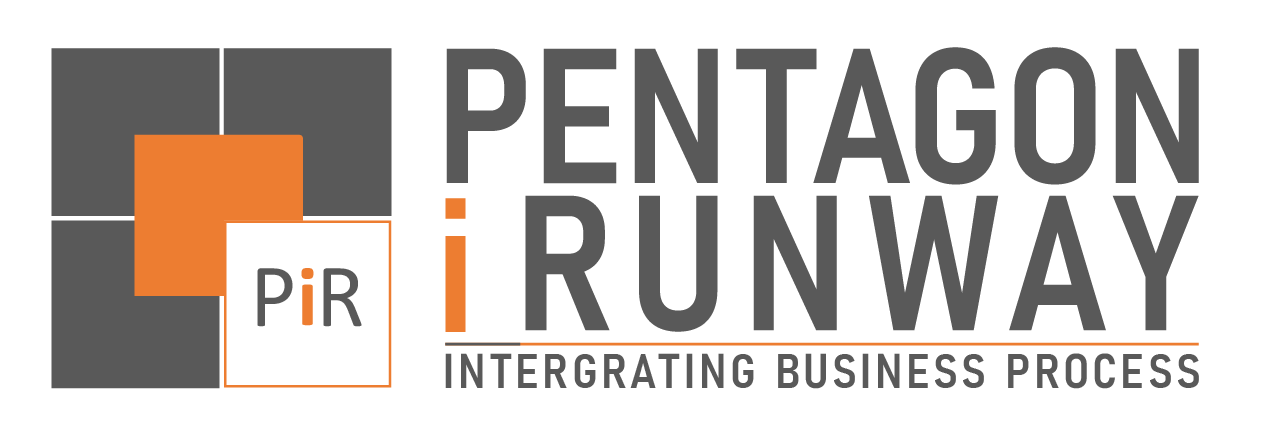The healthcare industry is undergoing a profound transformation driven by technology. The shift towards digital solutions promises to streamline operations, enhance patient care, and improve decision-making. At the heart of this transformation lies Enterprise Resource Planning (ERP) systems, which are revolutionizing how healthcare organizations manage their day-to-day operations. From improving workflow efficiency to fostering better patient outcomes, ERP systems have become essential in driving growth and innovation in healthcare.
The Challenges Facing Healthcare Today
Healthcare organizations are facing mounting pressures: increasing patient volumes, complex regulatory requirements, rising operational costs, and the need to deliver high-quality care. With the healthcare sector experiencing rapid technological advancements and higher patient expectations, organizations are looking for solutions that can address these challenges while maintaining efficiency and improving outcomes.
Traditional healthcare systems often rely on disconnected software tools and manual processes, leading to inefficiencies, errors, and delays. This fragmentation makes it difficult for healthcare providers to access timely, accurate information, resulting in less coordinated care and administrative burden. To overcome these challenges and maintain competitiveness, healthcare organizations must embrace digital transformation. This is where ERP systems come in.
What Is an ERP System?
Enterprise Resource Planning (ERP) systems are integrated software platforms that help organizations manage their core business processes, including financial management, human resources, procurement, inventory, and patient care. An ERP system brings all of these functions into one unified platform, providing real-time data across departments, enabling better communication, and promoting collaboration.
In the context of healthcare, ERP systems streamline the management of patient information, scheduling, billing, inventory management, and staff allocation, while complying with the strictest regulatory requirements. By centralizing data, ERP systems reduce redundancies, minimize errors, and provide the foundation for more informed decision-making.
Why ERP Is Critical for Healthcare Efficiency
1. Streamlined Administrative Processes
Healthcare organizations often face a multitude of administrative tasks, such as patient scheduling, insurance verification, billing, and documentation. These tasks are often siloed across different systems, leading to inefficiencies, delays, and potential errors. An ERP system integrates these processes into one platform, automating tasks and reducing the time spent on manual data entry.
By streamlining administrative processes, ERP systems help healthcare organizations save time, reduce human errors, and improve operational efficiency. Staff members no longer have to navigate through multiple systems to find information, as everything is stored in one centralized location.
2. Improved Data Management and Access
The healthcare industry generates vast amounts of data, from patient medical records and test results to financial reports and compliance data. Managing this data effectively is crucial to providing high-quality care and ensuring compliance with regulations. However, fragmented data systems often lead to difficulties in accessing and sharing information, which can delay treatment and increase administrative burdens.
An ERP system centralizes data across departments, allowing healthcare providers to access patient information in real-time. This improves the accuracy of diagnoses and treatment plans, reduces the risk of medical errors, and enhances patient satisfaction. Furthermore, the system ensures that all data is secure and compliant with regulations like HIPAA (Health Insurance Portability and Accountability Act), protecting both patient privacy and organizational integrity.
3. Enhanced Patient Care and Experience
Healthcare organizations are focused on improving patient outcomes and experiences. ERP systems facilitate better care by providing healthcare professionals with real-time access to patient data, such as medical history, lab results, medication lists, and treatment plans. This accessibility allows doctors and nurses to make more informed decisions, improving the quality of care and reducing the chances of medical errors.
Moreover, ERP systems enable better communication between different healthcare departments, ensuring that the right information reaches the right person at the right time. This streamlined collaboration is vital for creating coordinated care plans, reducing patient wait times, and enhancing the overall patient experience.
4. Optimized Resource Allocation
In the healthcare sector, resource management is a complex task. Hospitals and clinics must manage a wide range of resources, including medical equipment, staff, medications, and even hospital beds. ERP systems help healthcare organizations track these resources in real-time, allowing them to optimize their usage and reduce waste.
For example, ERP systems can track inventory levels, ensuring that medical supplies are always available without overstocking. The system can also monitor staffing levels, ensuring that the right number of nurses and doctors are available for shifts, reducing burnout and improving the quality of care. This optimization leads to significant cost savings and better resource allocation.
5. Improved Financial Management
The healthcare sector is subject to strict financial and regulatory controls. Billing, insurance claims, and reimbursement processes can be complicated and time-consuming, particularly for large healthcare organizations. ERP systems streamline these processes by automating billing, insurance verification, and claims management, ensuring that all transactions are accurate and compliant with industry standards.
By improving financial management, ERP systems help healthcare organizations optimize revenue cycles, reduce billing errors, and minimize the time between providing services and receiving payment. This leads to improved cash flow and financial sustainability, which is vital for healthcare organizations operating under tight margins.
6. Regulatory Compliance and Reporting
Healthcare organizations must comply with numerous regulations and standards, including those related to patient privacy, billing practices, and quality of care. ERP systems simplify compliance by automating processes that ensure adherence to regulatory requirements.
For instance, ERP systems can automatically track and report on key performance indicators (KPIs) such as patient outcomes, employee productivity, and compliance with safety protocols. These systems generate accurate reports that healthcare organizations can use to demonstrate compliance to regulators, reducing the risk of audits or penalties.
7. Scalability for Growth
As healthcare organizations grow, managing multiple departments, locations, and services becomes increasingly complex. ERP systems provide the scalability needed to handle this growth. Whether adding new locations, expanding services, or integrating new technologies, an ERP system can scale to meet the needs of a growing healthcare organization.
With ERP, healthcare organizations can integrate new departments, streamline processes, and ensure that all parts of the organization work together efficiently, no matter how large or complex the operations become.

Conclusion
The healthcare industry is undergoing a digital revolution, and ERP systems are at the heart of this transformation. By integrating critical functions such as patient management, billing, inventory, and staffing into a unified platform, ERP systems enhance operational efficiency, improve patient care, and drive organizational growth. With real-time data access, automated processes, and seamless collaboration, ERP systems provide healthcare organizations with the tools they need to thrive in a rapidly changing environment.
In an era where patient expectations are higher than ever and operational efficiency is crucial, investing in an ERP system is a strategic move that can position healthcare organizations for long-term success. With the right ERP solution, healthcare providers can meet the demands of the digital age while continuing to deliver high-quality, patient-centered care.

